Written and directed by Christopher Nolan, Oppenheimer is a film that will plunge you into the thrilling world of J. Robert Oppenheimer, the complex man who risked the lives of the world to save it. The film is inspired by the Pulitzer prizewinning biography American Prometheus: The Triumph and Tragedy of J. Robert Oppenheimer by Kai Bird and Martin J. Sherwin.
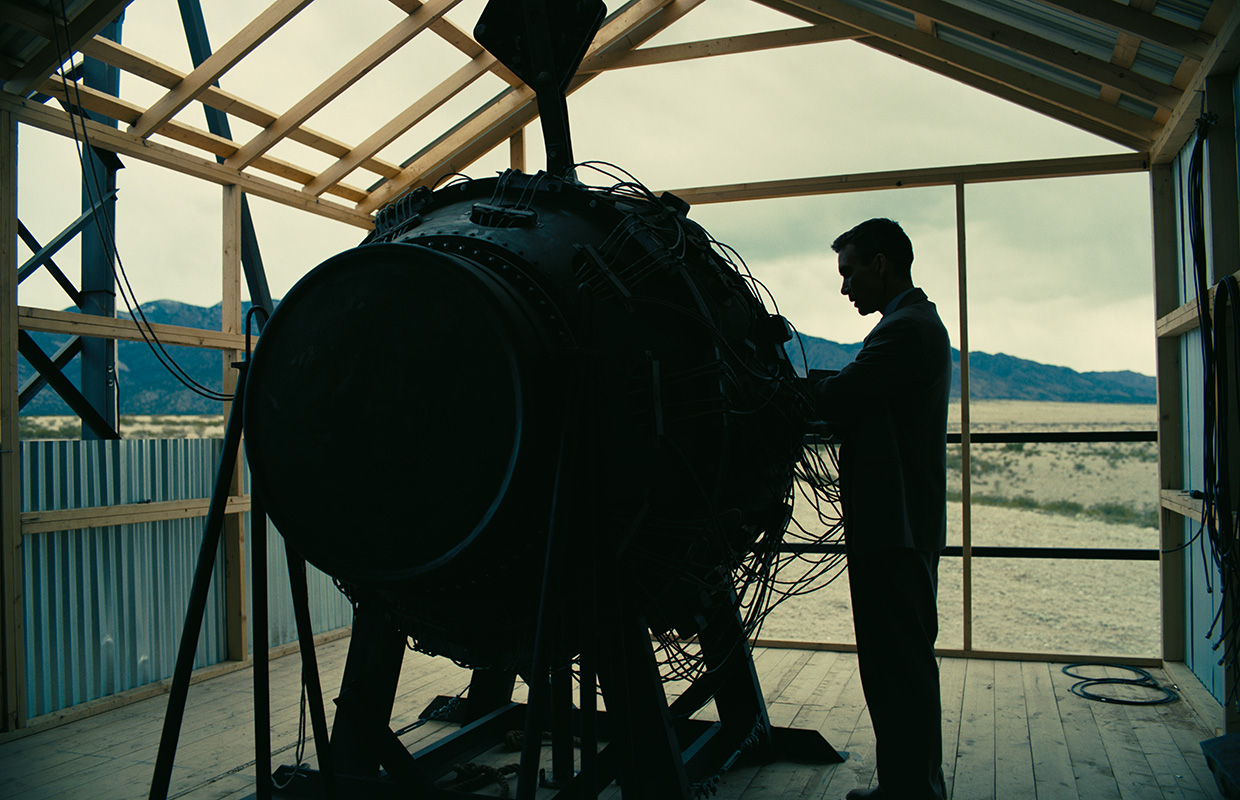
The story in History
In 1942, convinced that Nazi Germany is developing a nuclear weapon, the United States initiated, in the greatest secrecy, the "Manhattan Project", destined to develop the first atomic bomb in history. To pilot this project, the government hired J. Robert Oppenheimer, a brilliant physicist. It was in Los Alamos, in a top-secret lab, built from scratch in the middle of the New Mexico desert, that the scientist and his team developed a revolutionary weapon, the consequences of which continue to weigh on the world today…
The film focuses on Oppenheimer, whose life's work leads him to create a machine with the potential to reshape the fabric of reality. As the boundaries between time and space blur, Oppenheimer is faced with the moral and existential dilemmas that arise from wielding such immense power. The film delves into the human psyche, exploring the consequences of playing with the laws of the universe and the implications of unchecked ambition.
The Creation of Oppenheimer
The development of the atomic bomb marked the pinnacle of human ingenuity and produced knowledge that sparked innovations in countless scientific and technological fields. However, it also initiated a detrimental arms race with devastating consequences for the entire world, giving rise to a new existential fear that remains present to this day.
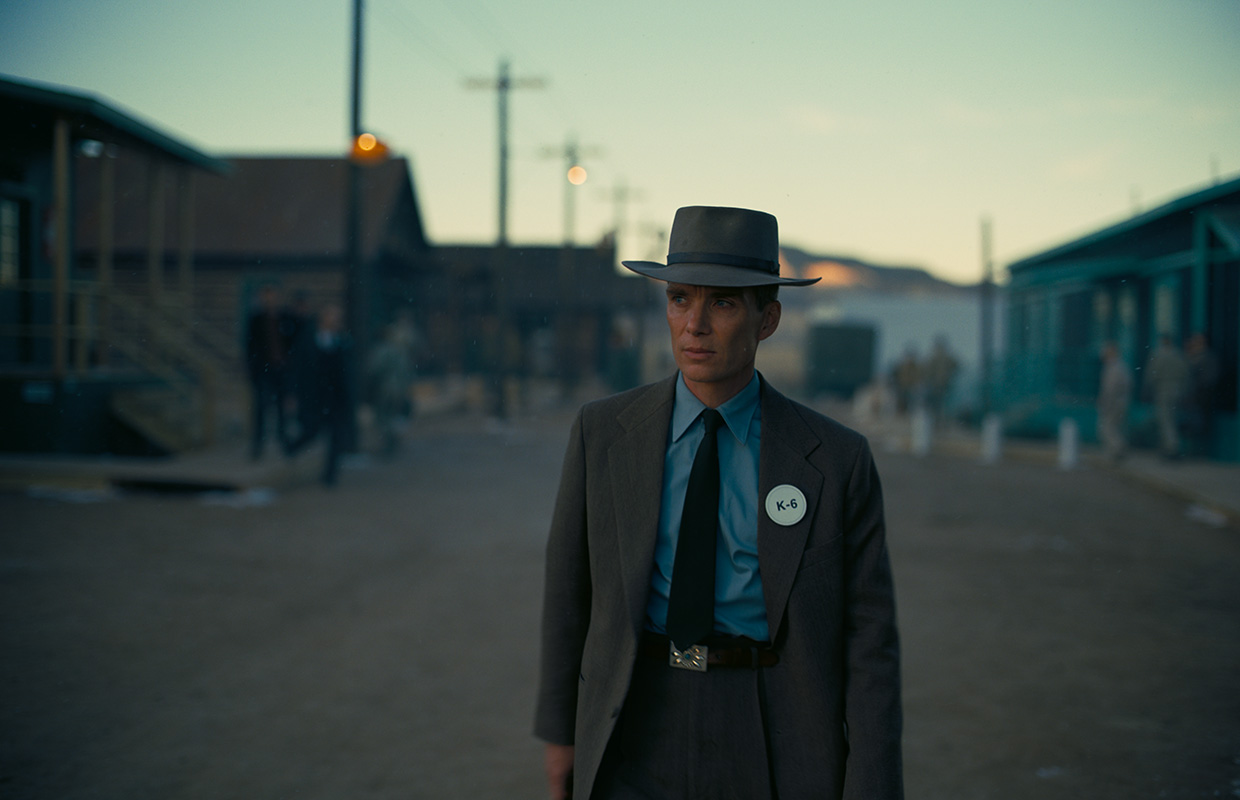
Nolan's desire to undertake Oppenheimer lies in the very fear that haunted the scientists of the Manhattan Project as they pursued the secrets of nuclear fission to build a bomb—an apprehension Oppenheimer referred to as a "terrible possibility."
"In the weeks leading up to the Trinity test, Oppenheimer and his team were aware that by pressing the button and detonating the first bomb, there was a minute possibility that it could ignite the atmosphere and annihilate the entire planet," says Nolan. "There was no mathematical or theoretical principle on which they could rely to completely rule out this possibility, however slim. Yet, they pressed the button. It's an extraordinary moment in the history of humanity. I wanted to immerse the audience in that room, to witness the debate and then the moment the scientists press the button. It's an absolutely staggering moment when you think about it—when you consider the risk they took and reflect on the juxtaposition between science, theory, intellect—everything that we can imagine—and the realization of those ideas and their consequences." (The filmmaker's fascination with this terrible possibility is already present in his previous film, Tenet, which references it.)
The biography American Prometheus served as the fundamental work on which the Oppenheimer project relied. During the scriptwriting process, it provided Nolan with essential information to construct what interested him the most: a critical portrait of the man, fictionalizing certain major events but also exploring his psychology and questioning the consequences of his actions.
"The story of Oppenheimer is epic," affirms the director. "It's full of paradoxes and moral dilemmas, and that's what always interests me. If the film allows the audience to understand why the characters behaved as they did, it also asks whether they were right to do so. Cinema, as a narrative tool, is particularly adept at sharing a life journey in subjectivity, allowing the viewer, like the characters, to form their own opinions while also looking at those same characters in a somewhat more objective light. At various points, we delve into Oppenheimer's psychology and take the audience on his emotional journey. That was the challenge of the project: to tell the trajectory of a man engaged in a chain of events with terribly devastating consequences—though his intentions were noble—and to tell it from his point of view."
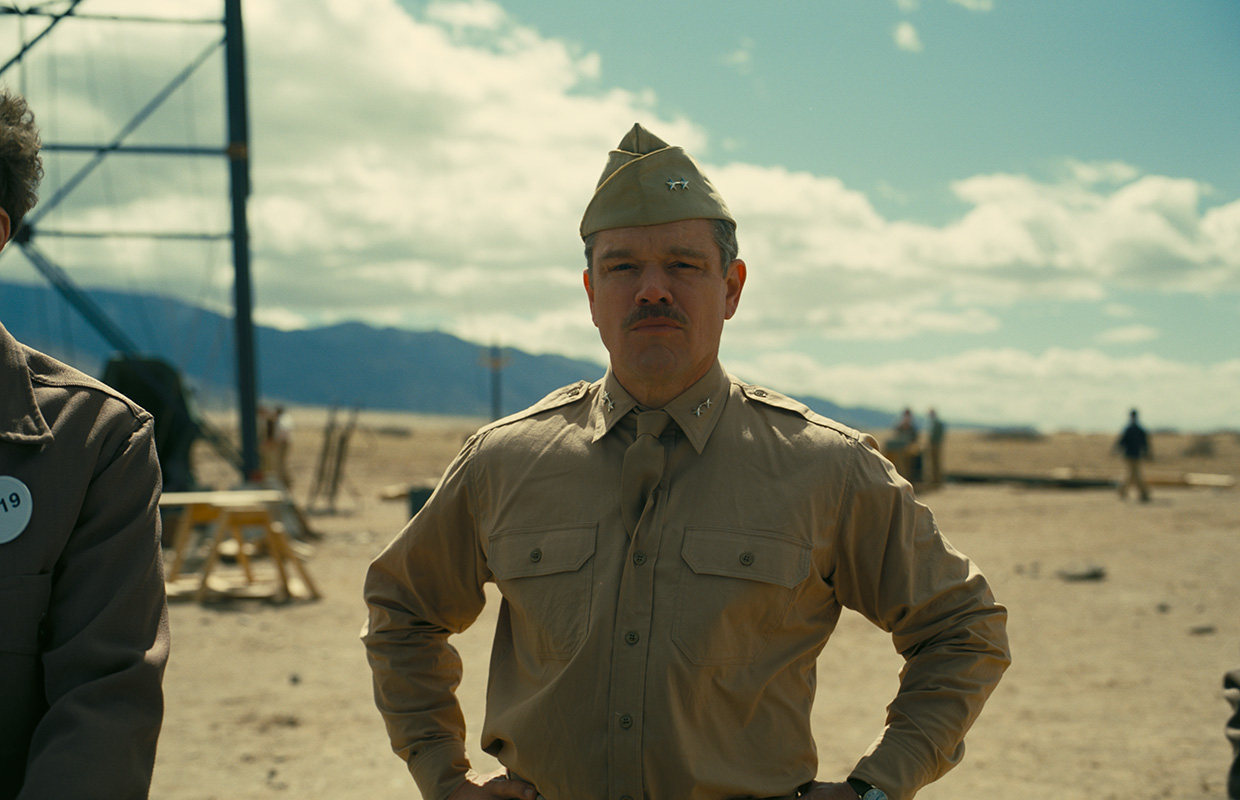
Oppenheimer's journey in the years following the Manhattan Project provides an external perspective on his work and legacy while exploring the motivations and personality of the most important figures who impacted his life. It focuses on Lewis Strauss, another major figure who contributed to shaping post-war U.S. nuclear policy. In 1959, President Eisenhower appointed Strauss as Secretary of Commerce.
Nolan admits that, in general, he doesn't pay too much attention to the staging or filming aspects during the writing process for fear of restricting his creativity. However, for Oppenheimer, he felt the need to detail in the script—addressing his collaborators and the studio—his intentions for filmmaking, aiming to tell a complex story that constantly oscillates between a subjective and an objective perspective, not to mention two separate legal proceedings occurring in different time periods.
The director decided that scenes told from Oppenheimer's point of view would be filmed in colour (he even wrote them in the first person, an unusual choice in a script), interspersed with poetic images evoking his inner world. On the other hand, scenes involving Strauss would be in black and white. "It's strange," Nolan continues, referring to his choice of writing in the first person. "But it allowed anyone reading the script to ensure that the viewer accompanies Oppenheimer throughout his journey. We are as close to him as possible; we are even inside his head, accompanying him wherever he goes."
A massive cast

In order to portray the dozens of characters in the screenplay, several of whom are significant figures from the 20th century, a massive casting call was necessary. For his twelfth feature film, Nolan did not wish to resort to composite characters for the sake of simplification, believing that attributing certain revolutionary ideas of one renowned scientist to another would be a mistake. And since his characters would emerge abruptly in the narrative and then disappear just as suddenly, he wanted the audience to clearly distinguish them and for them to remain present in their minds.
To embody Oppenheimer, Christopher Nolan chose Cillian Murphy (28 Days Later, A Quiet Place Part II, and the British series Peaky Blinders), leading the film's cast for the first time in six collaborations with the filmmaker ("Inception," "Dunkirk," and "The Dark Knight" trilogy).
"Cillian Murphy, in the role of Oppenheimer, was the linchpin of the film," Nolan emphasized. "But I knew that we would need to surround Cillian with extraordinary actors capable of challenging him and pushing him to his limits. Moreover, in a film that brings together so many different characters, each one had to be unique and believable”.
Emily Blunt (A Quiet Place and Sicario), portrays his wife Kitty Oppenheimer, a biologist, and botanist. Matt Damon (known for the "Jason Bourne" series and "The Martian") plays Leslie Groves, the director of the Manhattan Project, and Robert Downey Jr. (known for the "Iron Man" series and "Zodiac"), portrays Lewis Strauss, the commissioner and founder of the United States Atomic Energy Commission.
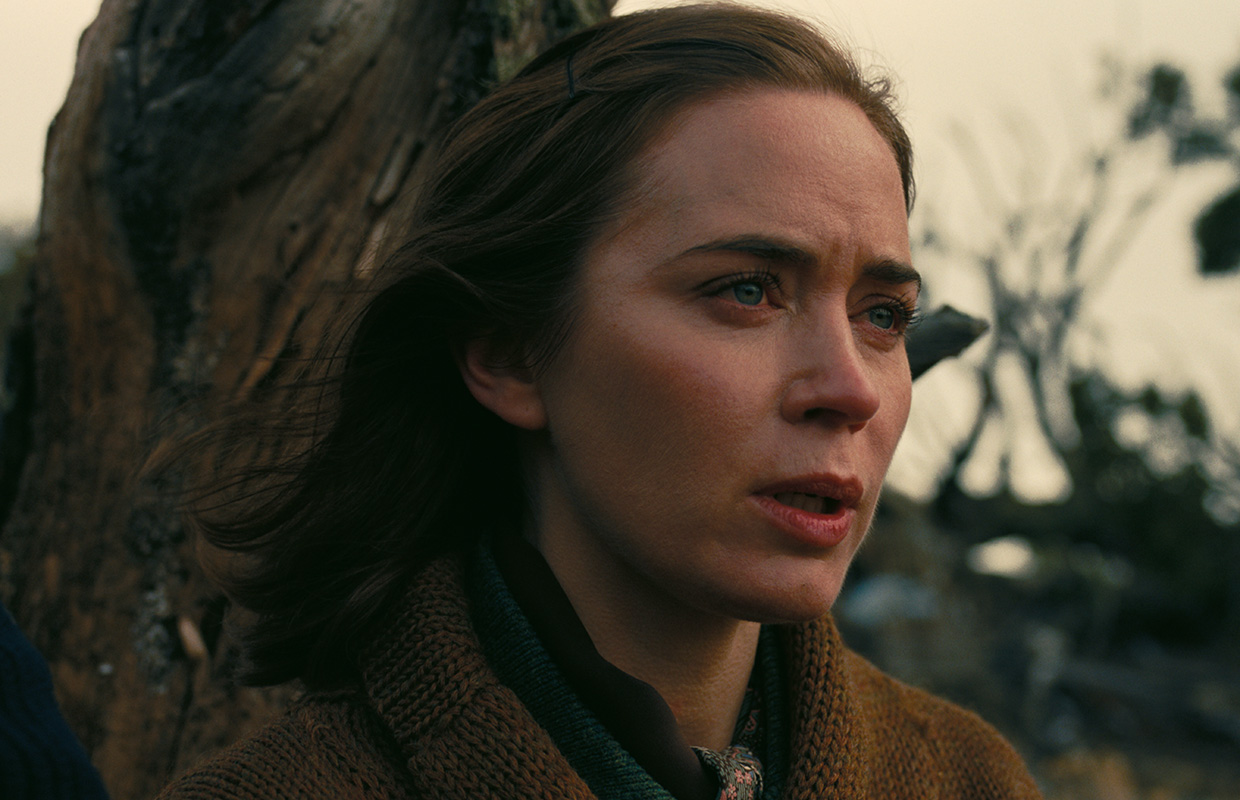
Florence Pugh, Rami Malek, Kenneth Branagh, Josh Hartnett, Jason Clarke, Dane DeHaan, Benny Safdie are also of the cast. There is an actor you wouldn't immediately recognize as President Harry S. Truman: Gary Oldman. He worked with Christopher Nolan for the fourth time, having previously portrayed Commissioner Gordon in his Dark Knight trilogy.
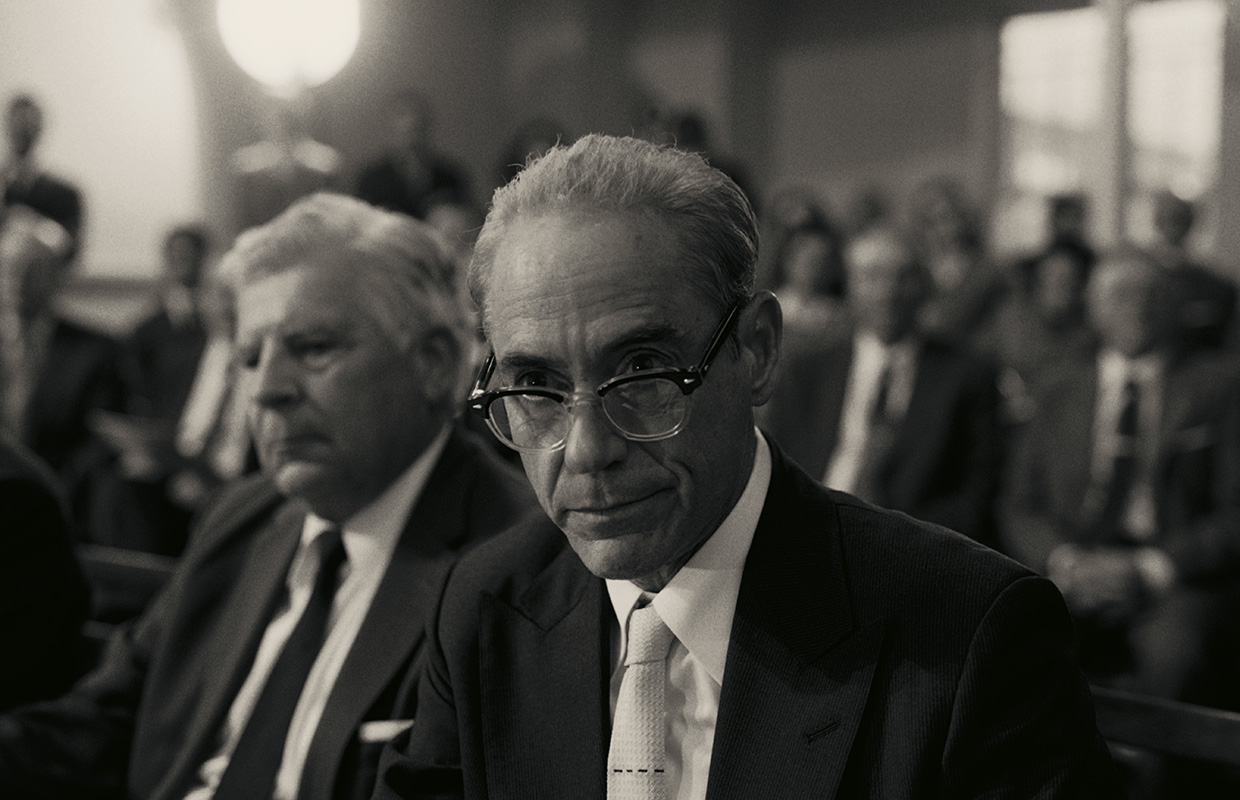
Copyright(s) :
All photos: © Universal Pictures. All Rights Reserved.
Tag(s) : "atomic bomb" "Christopher Nolan" "cinema" "Manhattan Project" "movie" "Oppenheimer" "World War II"





